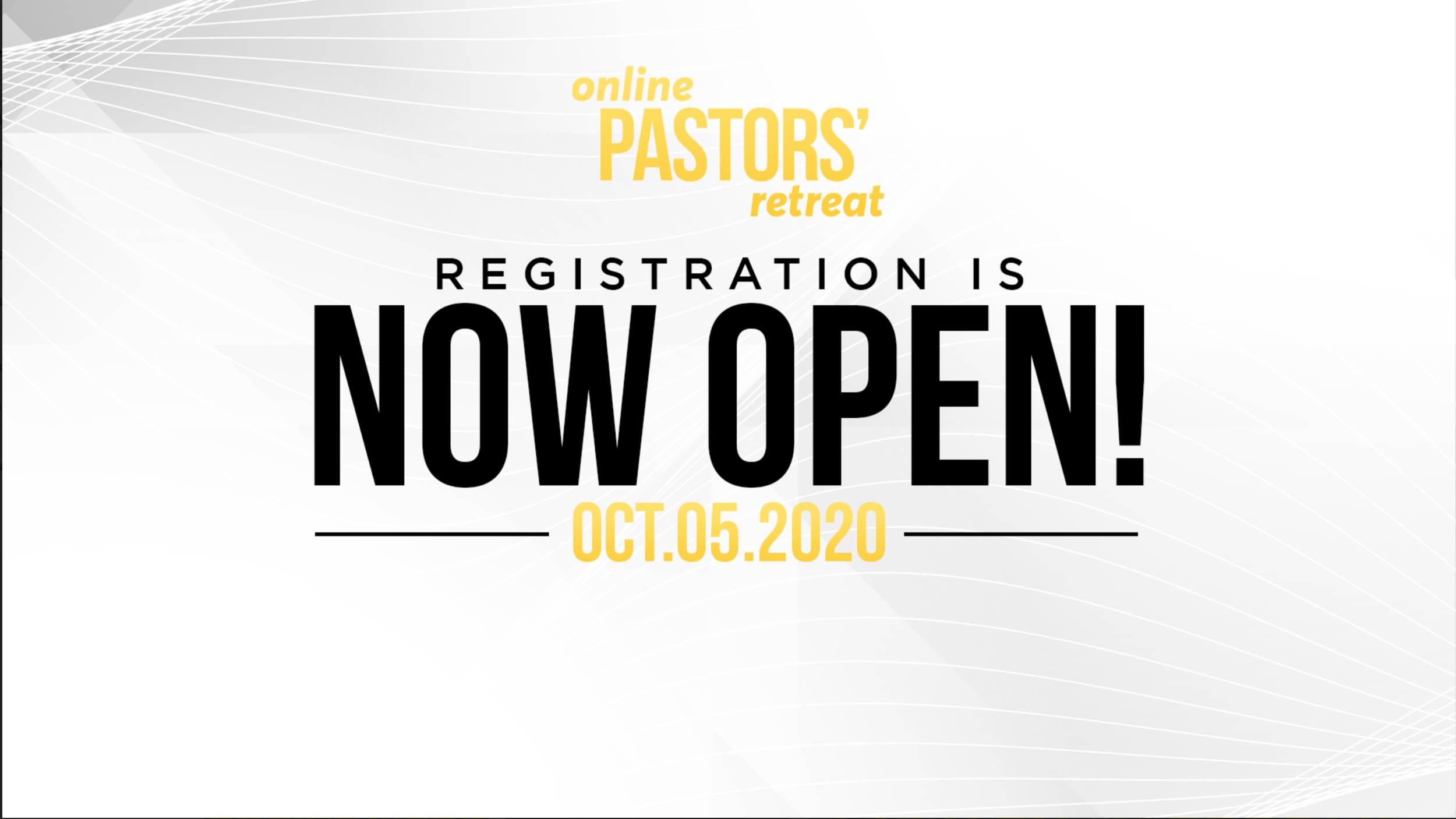Many people seem to believe they are too bad, broken, sad or worthless to be accepted by God. Countless people have had difficult and even abusive encounters with church and people who claim the name of Christ. Many people reject the notion that God can even exist because of how they have personally suffered.
In our outrage culture, people who have been rejected or treated poorly often end up hating those who have hurt them, particularly when the hurt comes from a person who is supposed to represent God. We see that hatred for God expressed all over social media, and too often in real life. One of the results is that the biggest faith category among millennials is “Nones”—people with no faith affiliation at all.
In this year of seemingly unending bad news, people are searching for a safe place to bring their deepest wounds and fears. But many aren’t looking to churches or God to be a place of healing and wholeness. For people searching for the peace that only comes from spiritual healing, this shalom that only God can provide, church is often the last place they look.
Photo credit: whoislimos on Unsplash.com.
But what if your church took a step towards changing the perspective of people hostile to the Gospel, some of whom have mental health needs? Jesus made it clear that not everyone will seek His path, but what if your church explicitly communicated that mental health conditions like anxiety, depression, bipolar disorder and more are not a barrier to finding a shalom-building relationship with Christ? Taking tangible step towards meeting deep needs, healing wounds and intentionally loving people who don’t value the Church can be transformative, not only for people far from Christ, but for your entire community.
We’re debuting the Online Pastors’ Retreat on Monday, October 5, and we hope you’ll join us. In this retreat, we want pastors to take a step back, to get some refreshing for themselves and their churches. But we also want pastors to think about how they can connect with people in their communities who may never reach out to a church—unless the church makes it clear that mental health struggles don’t eliminate them from God’s love.
We hope you’ll sign up for the Online Pastors Retreat and use this event to learn from leaders who have helped many people with mental health needs find their way to God’s shalom, with proven methods, resources and ministry tools. See the website here or view the downloadable watch guide.
Catherine Boyle is the Director of Mental Health Ministry for Key Ministry. You can follow her work here or on Facebook, Twitter, Instagram, Pinterest and www.catherineboyle.com.





